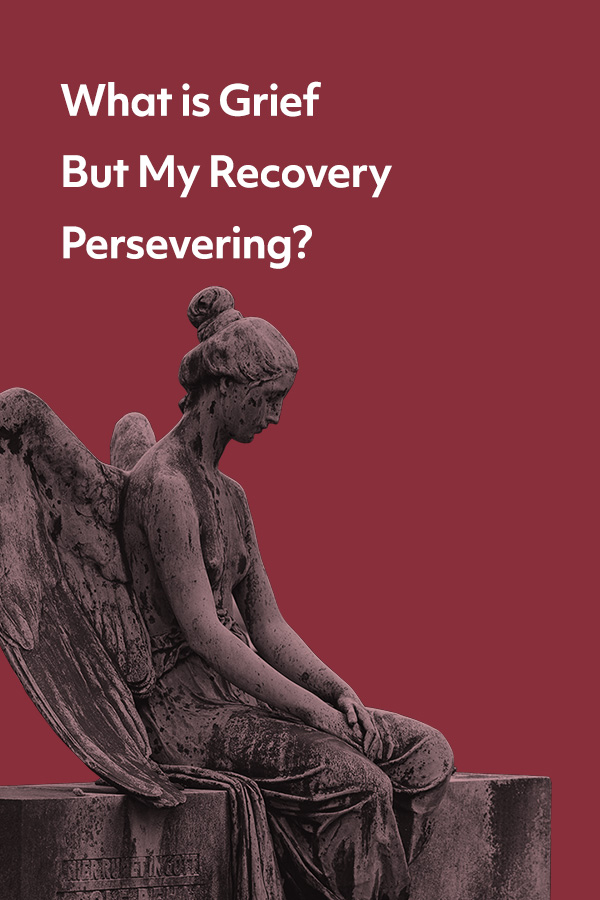Earlier today, I was looking at my father’s death certificate, trying to find his time of death, the exact hour and minutes suddenly of high importance.
I wasn’t filling out a form or planning an event. It was an urge, an impromptu information gathering for my mental records. I do that now and then, to remember, to keep the details straight. You might think this is an activity for someone who recently experienced loss, but my father died nearly three years ago.
My “research” may sound unusual, but I assure you that nothing in grief is typical or expected. You frequently hear people say that there is no wrong or right way to grieve—but no one tells you that it doesn’t end. Instead, I notice a silence around the reality of its permanence and long shadow.
According to Hospice, grief is not a condition but a reaction to loss, manifesting in colorful ways.
For me and my grief, it’s the details that matter.
I have notebooks full of exact times and related sensorial happenings that span the six months following his death. Some of the entries read like correspondence. The living I get to do is a reverent and vicarious duty to honor his memory.
In my journal on April 7th, 2019, I wrote: “I am writing to you to say that with all I have, I love you; I hope that what I do for you death honors what I couldn’t do for you in life, and with that, let me explain the ice cream I shared with Aunt Ellen and Uncle Frank.”
I go on and on about the flavors and temperature; I even describe the spoon.
That was the day after I scattered some of his ashes in Shenandoah National Park from the peak of Old Rag Mountain. The last of his physical remains were now in communion with the world he was too sick to traverse. It felt complete, even if I didn’t.
Something was missing from the moment he died, and it will be missing until I do, too.
And that, my friends, is where my recovery perseveres through this eternal hell of grief.
The grief and how I do “it” are identical to my recovery and how I remain sober.
Grief and recovery are both a part of my life—forever.
So how can someone use the familiar elements of active sobriety to appreciate, explore, and endure the endless desert of grief?
First, find Hospice
Community is just as crucial in grief as it is in recovery.
Within hours of my father’s passing, I called the hospice grief line. Eventually, I joined a bereavement group specifically for adults who had lost a parent. It was intimidating at first, but I quickly found friends in this strange space. The group encouraged me through the planning of my father’s funeral, the training for a marathon, and into the dark days following the remembrance events.
I also saw a grief counselor for free. Each week I met with a specialist who supplied me with a listening ear and open heart. She always had a new book to share, a remedy for the guilt I felt for not doing more to help my father in his life, and a way to manage the gory sobs that rocked me out of my sleep so often.
Hospice also offers creative workshops meant to give grievers an outlet to process their feelings of loss. Classes include creative writing and even making art, something those in sobriety know well as a tonic for discomfort.
Talk to the Dead
Just as we discover a new way of relating to ourselves and others in sobriety, we can also develop a new normal of relationship in grief.
When my counselor at Hospice told me that death was by no means the end of my relationship with my father, a paradigm shift occurred. I realized that I was perhaps onto something with the letters I wrote to him about what I observed in life. I was having a conversation even if I didn’t know it at the time.
On nights the pain of his loss brought me not to my knees but lower; I cried out to him, not for him. I talk to my father more in death than I ever did in life. It has taken time for me to appreciate rather than regret the circumstances.
Organize It
When I was in the first ninety days of my alcohol freedom, routines that I established were a lifesaver—they gave consistency to the maelstrom of my mind. The same goes for my grief; when I organize my morning and evenings, I find comfort in knowing what to expect.
You can also make sense of loss with a story. Bereavement researchers Dr. Cecilia Bosticco and Dr. Theresa Thompson found that when grievers create verbal and written narratives of the life and death of a loved one, they find relief in the linear organization of details.
Go Home
Finally, you accept the messiness of grief’s stay and settle in. As author Cheryl Strayed says of deep despair, you make a home there.
If you’ve been through the darkest days of any recovery, you know what I mean. We find a harbor and safety in the ugliest lows of our lives that might not make sense to anyone else. It’s from there most things can begin again, a resurrection of possibility.
The love we can hold for ourselves in recovery is similar to the hope we must have in grief.









